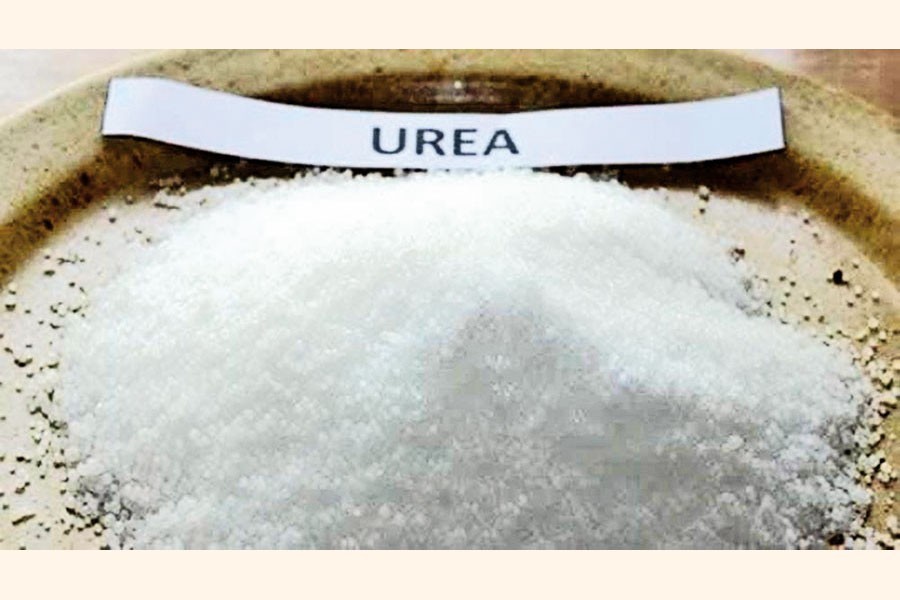The development activities for building the country's largest urea fertiliser plant in Narsingdi finally got momentum after the Covid-19 pandemic.
The under-construction Ghorashal Palash Urea Fertiliser Factory is one of the country's megaprojects. Through it the state-run Bangladesh Chemical Industries Corporation (BCIC) planned to produce around 1.0 million tonnes of the key agriculture input annually and thus reduce its high dependency on import.
According to the project sources, over 70 per cent of the physical works of the around US$ 1.25-billion or Tk 105-billion project have already been finished as of April 2022.
The mega project faced a severe blow soon after the pandemic hit the country in March 2020 that restricted people's movements globally.
It forced the Japanese contractor to choose the option of 'force majeure'. As a result, development activities of the key project remained shut for several months.
'Force majeure' is a common clause in contracts that essentially frees both the parties from liabilities or obligation when an extraordinary event or circumstance beyond the control of the parties, such as war, strike, riot and crime, or an event described by the legal term as Act of God, prevents one or both the parties from fulfilling their obligations under the contract.
Because of the unexpected delay in the construction works, the project execution time gone up by six more months to 39 months until December 2023.
When contacted, project director Md Rajiour Rahman Mollick said they are working round the clock to overcome the coronavirus-induced setback.
"We've recovered the loss and completed 72.34 per cent of the massive works till April, while its financial progress is 54.93 per cent without inclusion of advance payment and other fees."
When asked about the 'force majeure', he said Japanese Mitsubishi Heavy Industries Ltd (MHI) is building the modern factory. It claimed force majeure in the later part of 2020 due to the coronavirus-related restrictions.
"This was a kind of situation, which was beyond our control. Now, the project execution deadline rose by six more months to 39 months without escalating the cost."
Mr. Mollick was hopeful of finishing the tasks a couple of months earlier than the stipulated timeline, if the works progress at current speed.
In terms of work progress in some key areas, the progress of design and engineering is 92.72 per cent, procurement 93.36 per cent, land development 100 per cent, construction 48.10 per cent, civil work 70.08 per cent, building work 29.93 per cent, and equipment installation work is 66.63 per cent, according to the project sources.
A BCIC official said the project is very important, considering revival of the corporation along with reducing the high dependency on fertiliser import.
He opined that its progress is important, but quality of the works is more important.
"Look at the latest Shahjalal plant that is struggling because of poor quality. I hope the project officials are well aware of the matter," he added.
Of the total financial requirement for the project, the government will provide Tk 18.44 billion, while the rest (Tk 86.16 billion) will come as commercial loans.
Of the overseas loans, the Japan Bank for International Cooperation (JBIC) will give 85 per cent, and the remaining portion will be provided by HSBC and MUFG.


